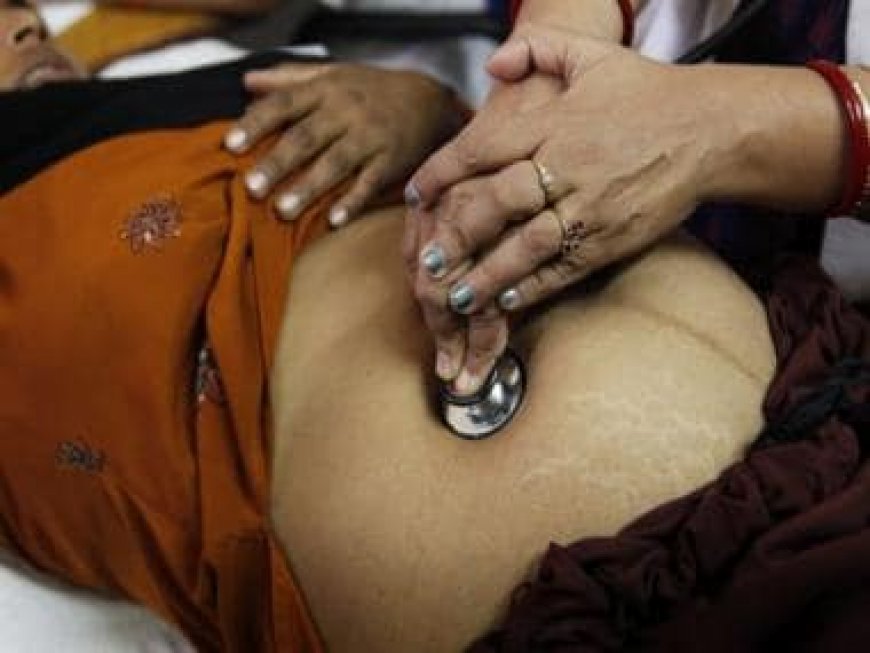Debunking the myth: Can birth control cause infertility?
Debunking the myth: Can birth control cause infertility?

Infertility poses a significant challenge for numerous couples globally, with approximately 40 per cent to 50 per cent of cases attributed to female infertility. Amidst this concern, it is crucial to highlight a reassuring fact: a woman’s future ability to conceive is not contingent on her current use of birth control pills. In a world saturated with information, myths abound, particularly in matters of health and reproduction. Let us dispel prevailing misconceptions about the potential long-term effects of birth control on fertility.
Understanding infertility first
Infertility is characterised by the inability to conceive after a year of trying, and it can stem from various causes. Polycystic Ovary Syndrome (PCOS), marked by hormonal imbalances that often disrupt ovulation, is a prevalent factor affecting women’s fertility. Uterine fibroids, benign tumors growing in the uterus lining, can hinder successful conception. Endometriosis, wherein uterine tissue grows outside the uterus, adds complexity to the conception process. Low sperm count, a condition where ejaculate contains fewer sperm than normal, impacts the chances of successful fertilization in men. Additionally, other health issues, ranging from infections and tumors to autoimmune diseases, can contribute to fertility challenges for both genders. In some cases, healthcare providers may encounter difficulties pinpointing a specific reason for infertility, resulting in the diagnosis of unexplained infertility.
The Reality…
The apprehension that birth control might hinder future fertility is largely unfounded. Extensive research, such as a 2018 report published in the National Library of Medicine, asserts that contraceptive use, regardless of duration or type, does not negatively affect a woman’s ability to conceive post-termination. It neither significantly delays fertility nor poses a threat to reproductive health.
Different forms of birth control and how they impact your fertility
Birth control pills, patches, and rings
Birth control pills, patches, and rings are among the most common contraceptive methods. While they prevent pregnancy during use, they do not harm future fertility. In fact, birth control pills offer additional benefits, such as minimizing the risk of ovarian cysts, relieving endometriosis-related pain, and reducing the risk of ovarian cancer. Once these methods are discontinued, the menstrual cycle typically resumes, allowing for natural conception.
Implants and injectable birth control
Contraceptive implants and injectables, like the Depo-Provera shot, operate by releasing hormones that impact ovulation and fertilization. Fertility returns shortly after discontinuation, dispelling concerns about long-term effects on reproductive capabilities.
Intrauterine Devices (IUDs)
IUDs, whether hormonal or copper-based, are highly effective and relatively safe. While hormonal IUDs may temporarily stop periods, discontinuing their use does not impede fertility. There is a minimal risk of infection during insertion, but it is rare and does not necessarily lead to long-term fertility issues.
Barrier methods
Condoms, diaphragms, and spermicides act as barrier methods, physically preventing sperm from reaching the egg. Unlike hormonal contraceptives, discontinuing the use of these methods poses no risk to future fertility. Moreover, they offer protection against sexually transmitted infections, which, if untreated, could lead to complications affecting reproductive health.
To conclude
The fear that birth control causes infertility is largely based on misinformation. Scientific evidence consistently refutes this myth, assuring individuals that the majority of contraceptive methods do not compromise long-term fertility. It is crucial to rely on accurate information and consult healthcare professionals for personalised advice regarding family planning. By dispelling these myths, we empower individuals to make informed choices about their reproductive health.
The author is chief fertility specialist & Center Head Santaan Bengaluru. Views expressed in the above piece are personal and solely that of the author. They do not necessarily reflect Firstpost’s views.
Read all the Latest News, Trending News, Cricket News, Bollywood News,
India News and Entertainment News here. Follow us on Facebook, Twitter and Instagram.
What's Your Reaction?


















































![ProDentim Reviews 2022 [UK, Australia, USA, CA, NZ, IE] Ingredients, Where to Buy?](https://bizli.net/uploads/images/202207/image_380x226_62dff364232ca.jpg)








